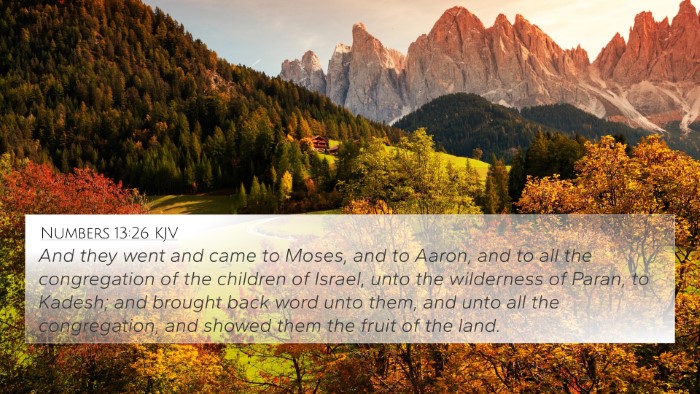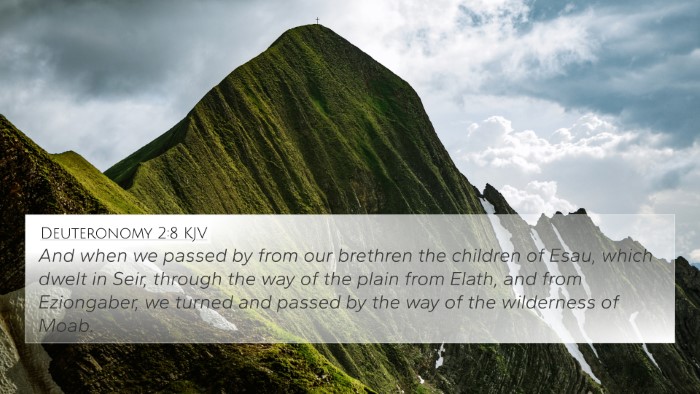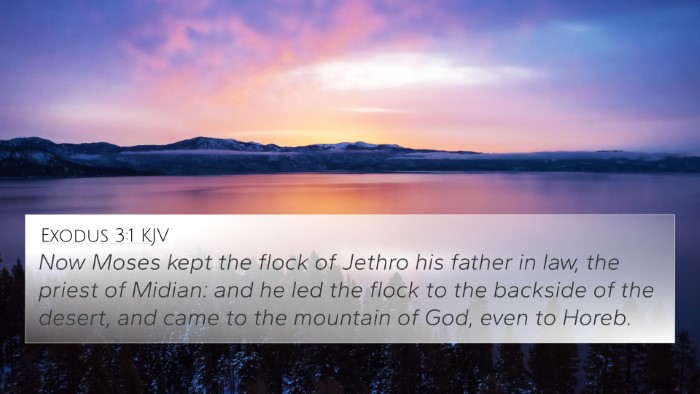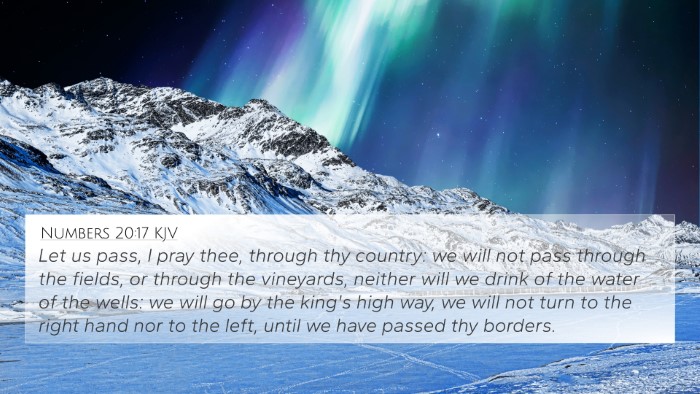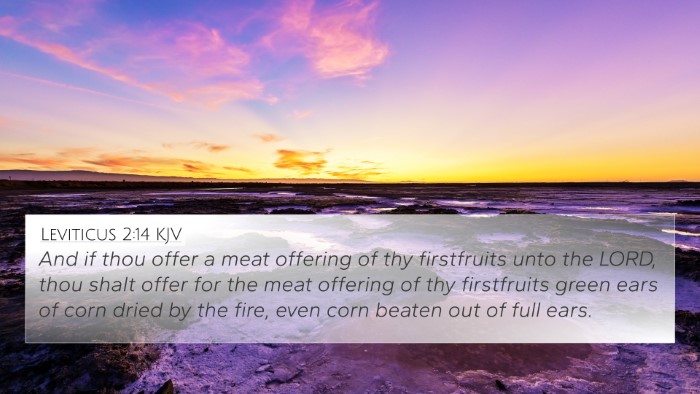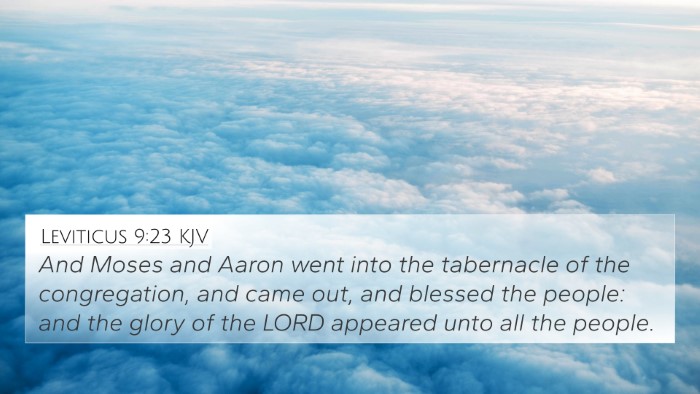Deuteronomy 1:2 states, "(There are eleven days' journey from Horeb by the way of Mount Seir unto Kadeshbarnea.)" This verse serves as a geographical marker, emphasizing the distance and the journey needed to reach the land of Canaan.
Summary of Bible Verse Meaning
The verse provides context for the Israelites' journey from Mount Horeb (Sinai) to Kadesh Barnea. This brief mention highlights God's guidance and the physical distance the Israelites needed to travel as they prepared to enter the Promised Land. It conveys a significant transition in Israel's history, emphasizing the importance of obedience and faithfulness in their journey.
Insights from Public Domain Commentaries
-
Matthew Henry:
Henry notes that this journey is crucial for understanding the larger narrative of Israel's 40 years in the wilderness, reminding readers of the importance of learning from past mistakes and the necessity of submission to God's will.
-
Albert Barnes:
Barnes elaborates on the concept of the journey's length, suggesting that the direct path could have led to a quicker arrival at Canaan, highlighting the Israelites' lack of faith which ultimately delayed their entrance into the promised land.
-
Adam Clarke:
Clarke emphasizes the transition from a place of revelation (Sinai) to a place of promise (Canaan), underscoring the significance of the Israelites' experiences in the wilderness as preparation for their subsequent inheritance.
Bible Verse Cross-References
- Exodus 3:8: God promises deliverance and a land flowing with milk and honey.
- Numbers 32:8: Reflects on the journey taken by the Israelites to arrive at Kadesh Barnea.
- Deuteronomy 1:19-21: The command to go and take possession of the land is reiterated.
- Hebrews 3:17: Warns against unbelief that led to the Israelites' failure to enter the promised rest.
- Joshua 1:2: The transition from Moses to Joshua as Israel prepares to enter Canaan.
- Numbers 20:1: Explains how the Israelites arrived in Kadesh and the events that ensued there.
- Psalm 81:10: Reminds the Israelites of their heritage and God’s provision as they journeyed.
Thematic Bible Verse Connections
Deuteronomy 1:2 plays a crucial role in understanding several theological themes found throughout the Bible:
- Faith and Obedience: The idea that success in entering the Promised Land was contingent upon the nation's faithfulness to God.
- Divine Guidance: Indicates God's active role in directing the Israelites' journey.
- Transition and Change: Marks a significant change from wandering to the anticipation of entering a land promised by God.
Using Bible Cross-References Effectively
To deepen understanding, employing cross-referencing techniques can illuminate the connections between Deuteronomy 1:2 and other scriptures. Here are some tools and methods to assist:
- Bible Concordance: A tool that can help locate related verses by theme or keyword.
- Cross-Reference Bible Study: Utilize study Bibles that provide references to related verses alongside the text.
- Bible Reference Resources: Using commentaries to explain and connect verses enhances the understanding of biblical themes.
- Inter-Biblical Dialogue: Shine light on parallels and contrasts between Old and New Testament teachings, enriching the study experience.
Conclusion
Deuteronomy 1:2 serves as an essential transition point for the Israelites as they prepare to enter the Promised Land. Combining insights from various commentaries, it becomes clear that taking the journey of faith involved not only physical travel but also spiritual growth. Use tools for Bible cross-referencing to explore related themes and verses, facilitating a deeper understanding of the connections that weave throughout scripture.



